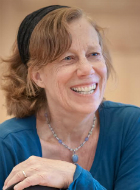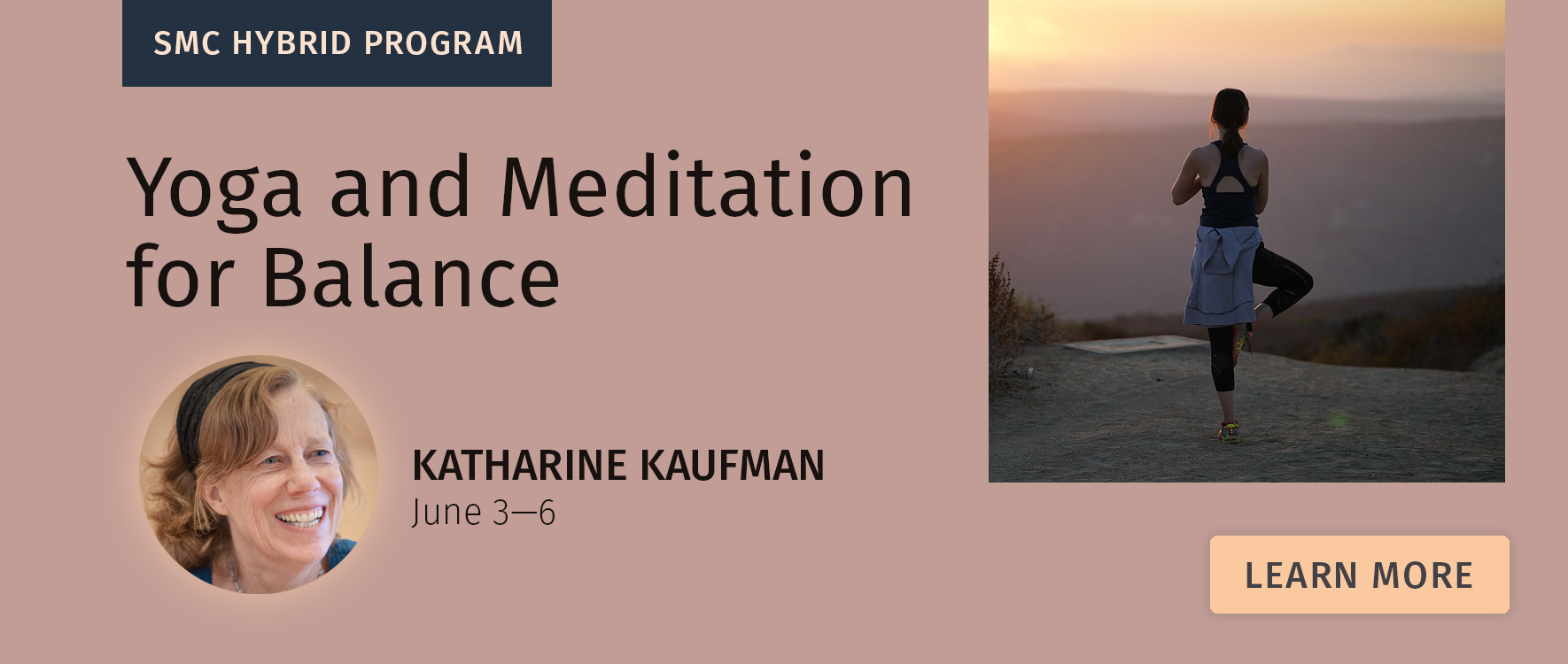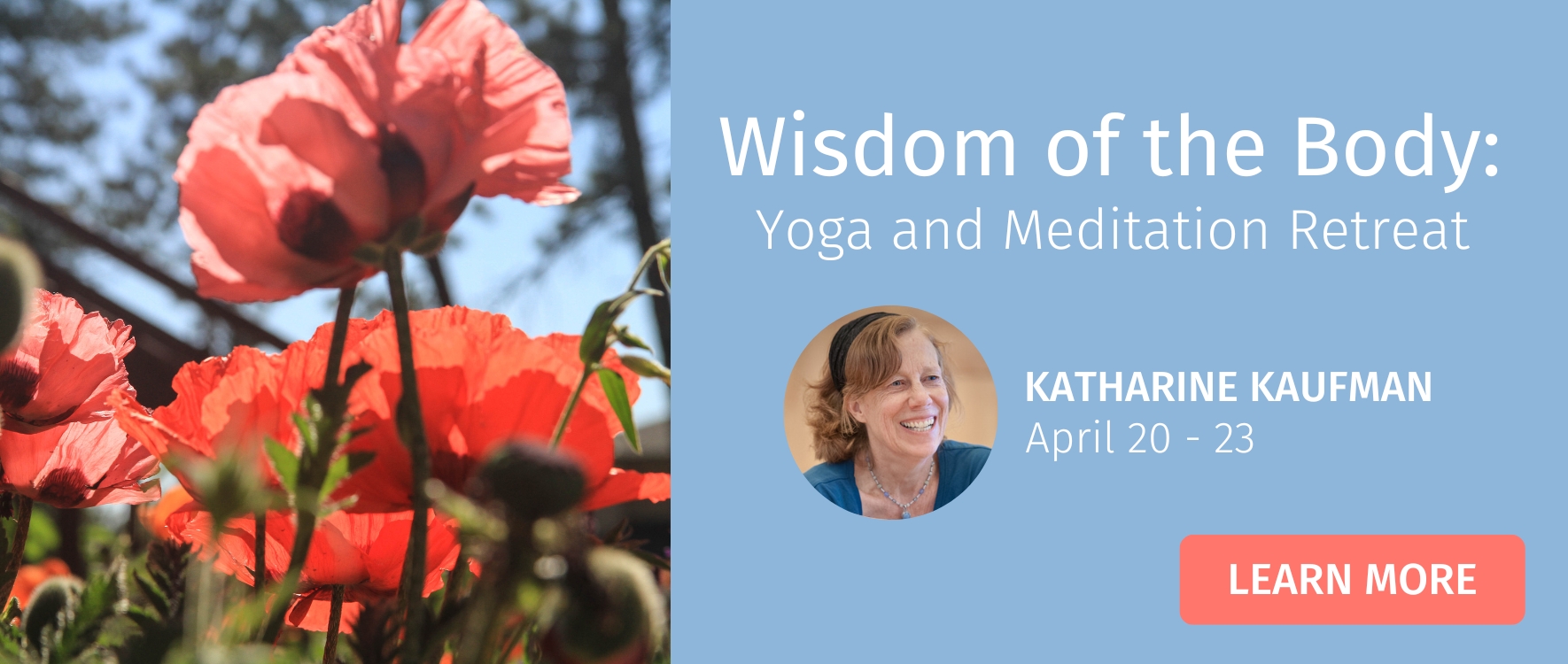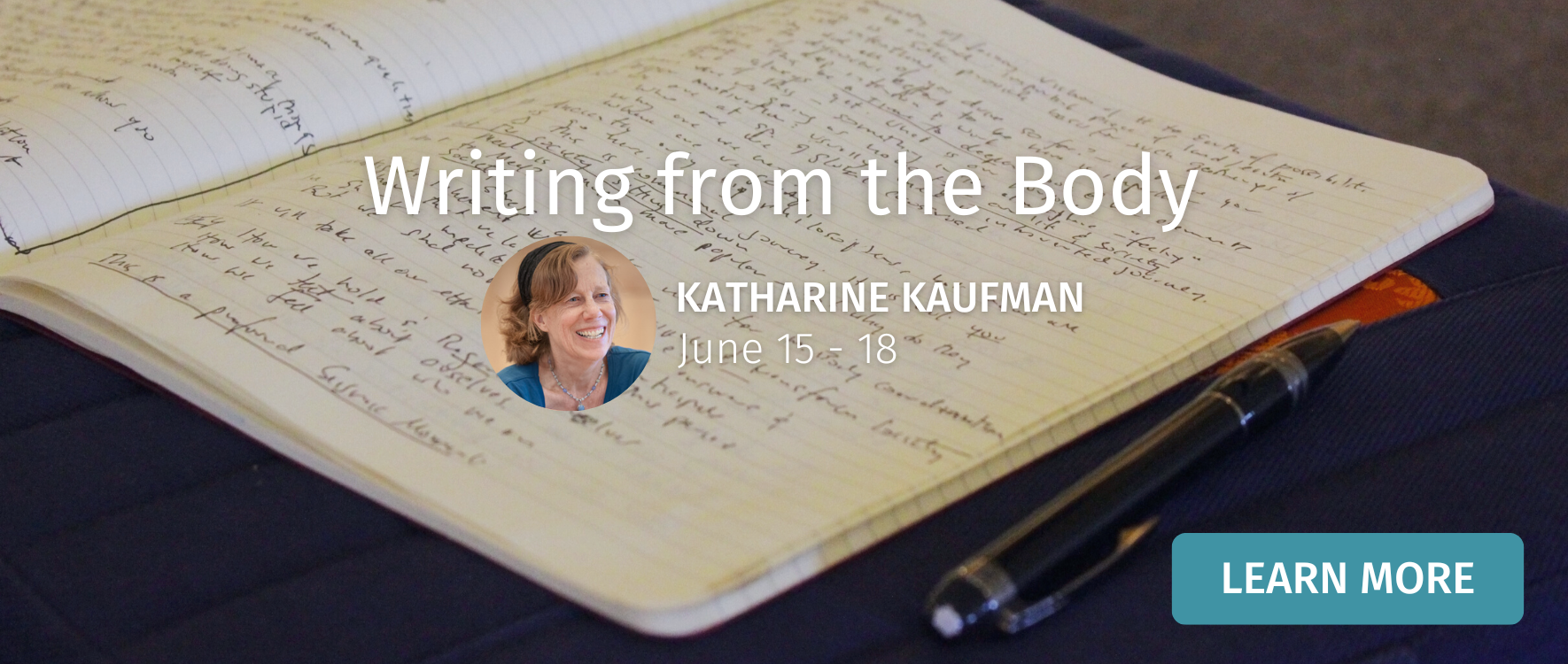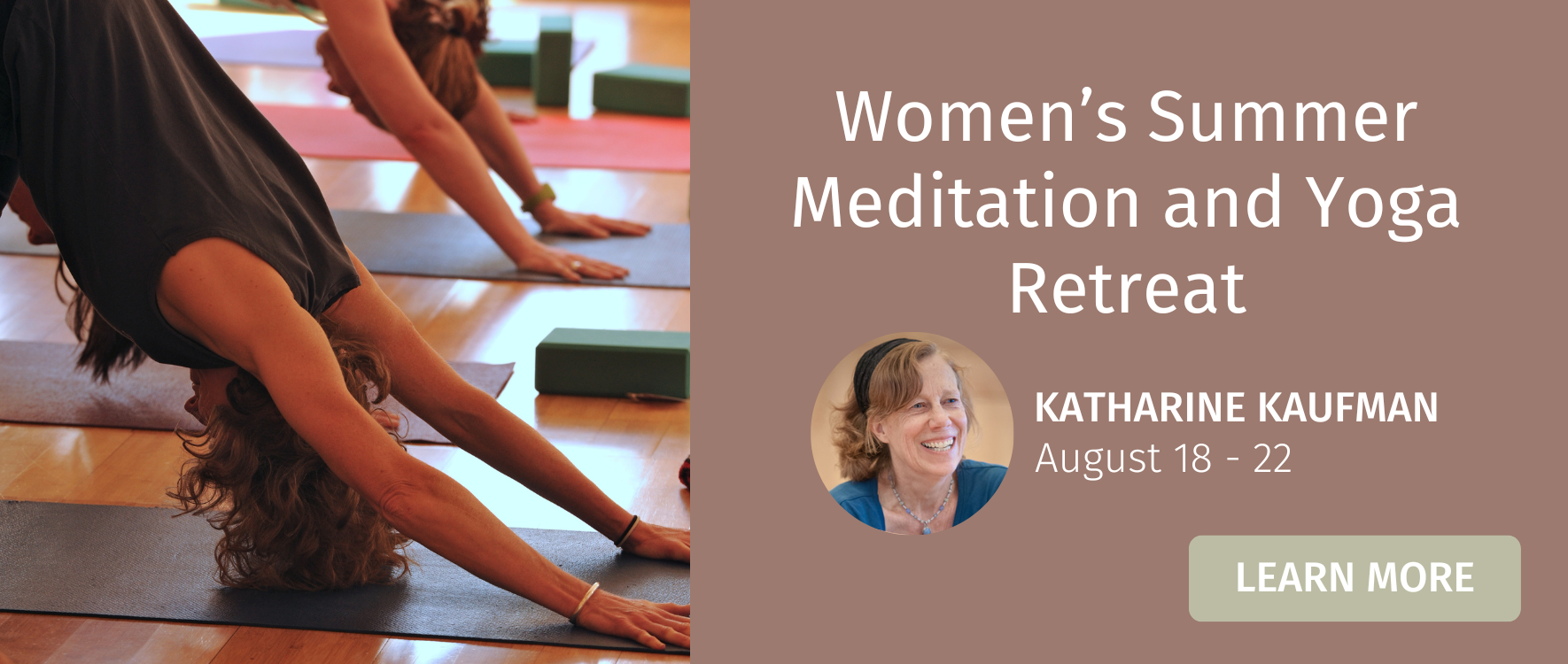Peace
By Katharine Kaufman
This morning, right after the sun, I scraped ice off windshield and drove East, past black cows, brown horses, corn and oil fields, into the small town of Mead. A huge decoration says, Peace on Earth. Deflated plastic Santa and reindeer lie on the ground. We lie on the floor, rest our arms over heads and breathe. After class students give me cards and thin-lined journals, a candle, and a small home-sewn bag of lavender.
~
Last night I watched the black and white film, Roma, directed by Alfonso Cuarón. After credits roll down the page (like tears) in the bottom right corner of the screen, are the words, Shanti, shanti, shanti.
~
When Acharya signed his book and handed it back to me I asked for the translation. The first shanti is to the unseen forces, the second to one’s neighbors and village, and the last, the softest, is to oneself.
~
Compassion is complicated. It takes doing something. Being empathetic breaks my heart. Peace is simple. I put down my weapons. Everybody wants peace, and nobody wants peace.
~
When I first tried to meditate, I told Barbara Dilley that my thoughts were like a mass of clutter stringing out different directions, going by fast, and I was hanging on. I was trying to catch the thoughts to try to figure something out about myself. Paddle through the current. Sift the insights from the habits to find the real. I was afraid of emotions that sharply protruded from underneath my thoughts and organizational method. Was this meditating? I asked. She said call the whole process, thinking. Don’t try to figure it out. And then she smiled and said, with a light touch.
~
Almost every land mass in the world gathered coins to give to the United Nations, and someone from Japan melted the coins and folded them into a peace bell which is rung once a year in New York. The reason for the ringing changes every year.
~
In 1969 John and Yoko stayed in bed and invited the press. They sang it over and over, All we are saying is give peace a chance. Then we sang it. We smiled and flashed the two fingers at each other and drew peace signs at the bottom of our letters (which we then licked closed, opened the blue hatch, slid letter in). I had a huge plastic blue peace sign in my bedroom window, and a white cut out one dad glued and photo-copied on our family Christmas card with the photo of us in the mountains of Stehekin, Washington.
~
My senior year in college I performed in University of Colorado’s production of Mass, the enormous Opera by Leonard Bernstein:
About 15 of us rehearse in the dance studio, marking off stage dimensions. The week before opening night, we show up early to Macky Auditorium along with the actors, who are dramatic, and the band musicians, who are late, the choir, who show up in buses. The dancers are disciplined, warmed up and ready. The orchestra’s already in the pit. (It’s like they live there). We wait backstage for half of the opera to go on, so we keep doing plies and tendus, legs swings, and head rolls to keep warm and ready. There’s no build into momentum for us. All at once we dance wildly onto the stage first in staccato, then spirals, arms flinging, we leap, run in curves, try to avoid crashing into each other. Suddenly, from this extreme movement, at the sound of something (a chalice maybe) crashing down, breaking, we jump up in a twisted position and fall to the ground. We have to stay exactly how we happen to land, even if our shirt goes up over our belly, or our arm is caught behind our back. The more grotesque the shape we land in, the better, and we aren’t supposed to show our breathing. I have never been so still for so long in my life except sleeping (and I’m afraid I might fall asleep). We have to shut eyes while the main opera star performs a long solo, and there is more acting, which is another quarter of the opera. It’s all darkness and listening and feeling the warm lights and black energetic space of audience. Finally, one, then another then all of us—actors and choir people and dancers and opera stars press ourselves up to standing. We sing, first softly, then louder and louder, Donaaaa, No Biiiees, Noho beiis Pachem. Donhaaaa, no biees, Paaachem.
We sing to each other on the stage and we mean it. We squint up through the lights and sing up to the balcony to the audience we can’t see, and out to the streets, to the town and foothills. Down under our feet we sing into the ground and up the walls to the ornate ceiling and through the roof. We sing to our parents, our partners, our government, our ancestors. We sing to the babies born and not born. We sing to the women carrying signs, farmers, friends, and the men loosening their ties on Friday afternoons. We sing to the people on the edges, waiting to get in. We sing to the leaping trout, the bottom feeders and to the pilgrims making their way on their hands and knees; we sing to the dying bees, and authorities and the worker staying up all night carrying a bucket of soapy mop water up a flight of stairs. In a parallel universe we are still singing: peace, peace, peace.
~ o ~
Join Katharine in 2023!
Katharine Kaufman
